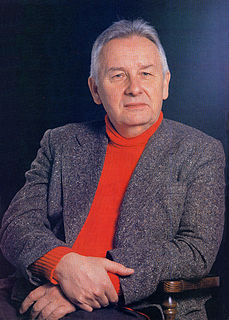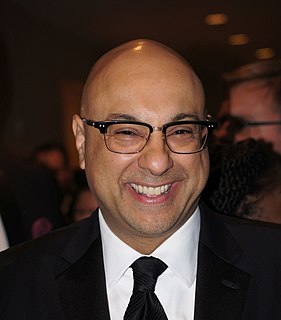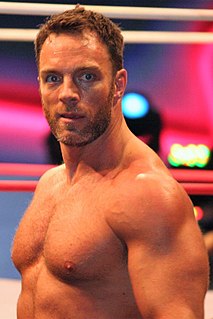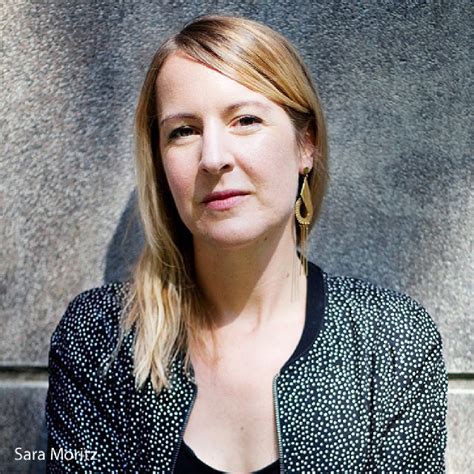A Quote by Gwen Ifill
Diversity is essential to the success of the news industry, and journalists must include diverse voices in their coverage in order to reach a broader audience. We have stories to tell, but many in our audience have stopped listening because they can tell that we're not talking about them.
Related Quotes
The media is the only business in the world where the customer is always wrong. If you're a news consumer, if you're a customer, and you complain to them, they will tell you that you are not sophisticated enough to understand what they do, and they're tell you to go listen or watch somewhere else. They're not even really doing the news for you. They're doing news for other journalists and other people in government because that's their real audience.
I do not choose my listeners. What I mean is, I never write for my listeners. I think about my audience, but I am not writing for them. I have something to tell them, but the audience must also put a certain effort into it. But I never wrote for an audience and never will write for one, because you have to give the listener something and he has to make an effort in order to understand certain things.
...You believe that the kind of story you want to tell might be best received by the science fiction and fantasy audience. I hope you're right, because in many ways this is the best audience in the world to write for. They're open-minded and intelligent. They want to think as well as feel, understand as well as dream. Above all, they want to be led into places that no one has ever visited before. It's a privilege to tell stories to these readers, and an honour when they applaud the tale you tell.
The weakness of cable news is that it chases its audience around. Your audience wants fast-paced, popular news. It needs real news. Cable news changes its stripes based on audience reaction. Viewers are reacting well to breaking news? You probably do more breaking news than you need to. The struggle is building something so that people will come to you, as opposed to constantly changing what you are because you're unsure of where the audience is.
Book critics certainly are judges who wield a tremendous amount of power in terms of whether or not a book will reach a wider audience. That's one of the reasons why I try to give coverage to books written by Latinx writers; too many worthwhile works of literature do not get the kind of coverage they deserve, and I've certainly seen that with respect to books written by writers of color. But there are some wonderful, diverse writers out there who mentor and otherwise support those voices that often have been ignored by much of the mainstream press.
Before the web and these highly focused entities, journalists got to decide what was important to tell their audience and educated their readers. Now, journalists have to try and understand what their consumer actually wants to read and what angle they are looking for in order to keep audiences engaged in a highly competitive world.

































